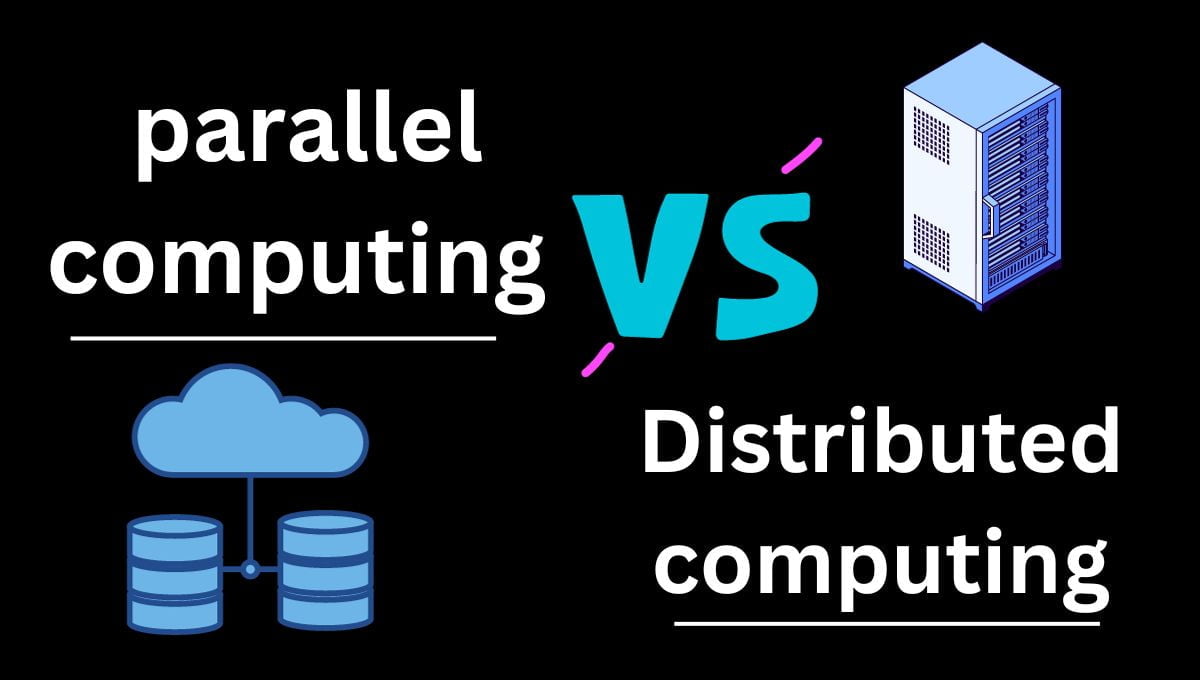HYBRID CLOUDS
what is Hybrid Cloud storage?

In the quickly changing information technology industry, businesses are constantly seeking innovative solutions to enhance data management, security, and accessibility. One such solution that has gained significant prominence is hybrid cloud storage. In this comprehensive guide, we will delve deep into what hybrid cloud storage is, its advantages and potential drawbacks, and how it can be a game-changer for your organization.
Understanding the Basics
Hybrid cloud storage is a strategic blend of public cloud services and private cloud infrastructure. It enables organizations to store and manage their data seamlessly across both on-premises servers and off-site cloud servers. This dynamic approach offers unparalleled flexibility, as it allows businesses to choose where specific data is stored based on factors like security, compliance, and accessibility requirements.
What is Hybrid Cloud storage?
At its core, hybrid cloud storage is about diversifying data storage options. It empowers organizations to take advantage of the scalability and cost-effectiveness of public cloud platforms while retaining the control and security of their private data centers.
How does hybrid cloud storage work?
Hybrid cloud storage works by combining on-premises storage infrastructure with cloud-based storage services. This allows businesses to store their data in the most cost-effective and secure way possible, while also providing the flexibility and scalability they need to grow.
There are a number of different ways to implement hybrid cloud storage. One common approach is to use a cloud storage gateway. A cloud storage gateway is a device or software application that sits between an on-premises storage system and a cloud storage service.
The gateway caches frequently accessed data on the local
storage service. This approach provides the performance benefits of on-premises storage with the scalability and cost savings of cloud storage.
Another approach to hybrid cloud storage is to use a cloud storage provider that offers a hybrid cloud storage solution. These solutions typically provide a single management interface for both on-premises and cloud storage.
This makes it easy to manage your data across both environments and to move data between environments as needed.
Here is a simplified example of how hybrid cloud storage might work:
- A company has a database of customer records that it needs to store. The company stores the database on-premises for security and performance reasons.
- The company also has a website that stores product images and other marketing materials. The company stores this data in the cloud for scalability and cost savings.
- The company uses a cloud storage gateway to synchronize the customer records database between the on-premises storage system and the cloud storage service.
- When a customer places an order on the company’s website, the product images and marketing materials are served from the cloud storage service.
- When the customer’s order is processed, the order information is added to the customer records database. The cloud storage gateway synchronizes the updated database with the cloud storage service.
This is just one example of how hybrid cloud storage can be used. There are many other ways to implement hybrid cloud storage, and the best approach will vary depending on the specific needs of the business.
Benefits of Hybrid Cloud Storage
Hybrid cloud storage is a data storage solution that combines the best of both on-premises and cloud-based storage. It allows businesses to store their data in the most cost-effective and secure way possible, while also providing the flexibility and scalability they need to grow.
Some of the key benefits of hybrid cloud storage include:
- Scalability and flexibility: Hybrid cloud storage makes it easy to scale your storage capacity up or down on demand as your data needs change. This can be especially beneficial for businesses with seasonal fluctuations in data storage requirements.
- Cost savings: Hybrid cloud storage can help you save money on IT costs by allowing you to move less critical data to the cloud, where it can be stored more cheaply than on-premises.
- Security: Hybrid cloud storage can help you improve your data security by allowing you to store sensitive data on-premises while storing less sensitive data in the cloud. This can help reduce the risk of data breaches and other security incidents.
- Compliance: Hybrid cloud storage can help you comply with data privacy and security regulations, such as GDPR and HIPAA. By storing sensitive data on-premises, you can maintain greater control over your data and ensure that it is only accessed by authorized personnel.
- Performance: Hybrid cloud storage can help improve the performance of your applications and workloads by storing data in the location where it is most needed. For example, you can store mission-critical data on-premises for maximum performance while storing less critical data in the cloud.
- Disaster recovery: Hybrid cloud storage can help you improve your disaster recovery capabilities by providing a backup copy of your data in the cloud. This can help you quickly recover your data in the event of a disaster, such as a fire or flood.
Challenges to Consider
While hybrid cloud storage offers numerous advantages, it’s not without its challenges. Here are some aspects to consider:
1. Complexity
Managing data across multiple platforms can be complex. Organizations need skilled IT personnel to ensure seamless integration between private and public cloud environments.
2. Data Transfer Costs
Transferring large volumes of data between on-premises and cloud storage can incur additional costs. It’s essential to factor in these expenses when planning a hybrid cloud strategy.
3. Security Concerns
Ensuring the security of data as it moves between different environments is crucial. A robust encryption and access control strategy is necessary to mitigate security risks.
Implementing Hybrid Cloud Storage
Choosing the Right Cloud Providers
Selecting the appropriate cloud providers is crucial for successful hybrid cloud storage implementation. Organizations should evaluate factors such as service reliability, data center locations, and compatibility with existing infrastructure.
Data Migration Strategies
Migrating data to a hybrid cloud environment requires careful planning. Businesses should develop migration strategies that minimize downtime and data loss. Data migration tools and services can streamline the transition process.
Challenges and Considerations
While hybrid cloud storage offers numerous benefits, it also comes with challenges. Organizations must address issues related to data integration, ensuring that data flows seamlessly between on-premises and cloud environments. Additionally, compliance and regulatory considerations must be addressed to avoid legal complications.
Is hybrid cloud storage right for your business?
Determining whether hybrid cloud storage is a suitable solution for your business requires careful assessment. Consider factors such as data volume, budget, scalability needs, and existing infrastructure. Consulting with cloud experts can provide valuable insights.
Conclusion
In conclusion, hybrid cloud storage is a dynamic and flexible solution that offers the best of both the private and public cloud worlds. It empowers organizations to optimize their data storage, enhance security, and improve scalability while keeping costs in check.
However, it’s essential to carefully plan and implement a hybrid cloud strategy to reap these benefits fully. Whether you’re a small business looking to scale efficiently or a large enterprise seeking data security, hybrid cloud storage can be a transformative solution for your organization.
FAQs of
Is hybrid cloud storage suitable for all businesses?
Hybrid cloud storage can benefit a wide range of businesses, but its suitability depends on specific needs. Small businesses with limited data storage requirements may find it unnecessary.
How can I ensure data security in a hybrid cloud environment?
Data security in a hybrid cloud environment requires a multi-layered approach. This includes encryption, access controls, regular audits, and security monitoring.
Can I switch from a traditional data storage system to hybrid cloud storage?
Yes, transitioning to hybrid cloud storage is possible. However, it requires careful planning, data migration, and integration with existing systems.
Are there any industries where hybrid cloud storage is particularly advantageous?
Industries that deal with sensitive data, such as healthcare and finance, often benefit from the enhanced security and flexibility of hybrid cloud storage.
What is the role of LSI keywords in optimizing hybrid cloud storage?
LSI (Latent Semantic Indexing) keywords play a crucial role in improving the visibility of hybrid cloud storage content in search engine results. They help search engines understand the context and relevance of the content.
How can hybrid cloud storage contribute to business continuity?
Hybrid cloud storage ensures data redundancy, making it easier to recover from data loss or system failures, thus contributing to business continuity.

 FUNDAMENTAL1 year ago
FUNDAMENTAL1 year agoHow Cloud Computing Improving Customer Service Processes

 FUNDAMENTAL4 months ago
FUNDAMENTAL4 months agoWhat is cloud computing? A Comprehensive Guide

 CLOUD COMPUTING3 weeks ago
CLOUD COMPUTING3 weeks agoWhat Is Vlan and VSAN In Cloud Computing?

 FUNDAMENTAL2 weeks ago
FUNDAMENTAL2 weeks agoHow can Cloud Technology Help Small Businesses ?

 FUNDAMENTAL4 months ago
FUNDAMENTAL4 months agoEvolution of Cloud Computing : A Well-Explained

 CLOUD COMPUTING3 weeks ago
CLOUD COMPUTING3 weeks agocloud bursting in cloud computing

 FUNDAMENTAL3 weeks ago
FUNDAMENTAL3 weeks agoIaaS PaaS and SaaS in cloud computing

 CLOUD COMPUTING3 weeks ago
CLOUD COMPUTING3 weeks agoDistributed computing in cloud computing?
















